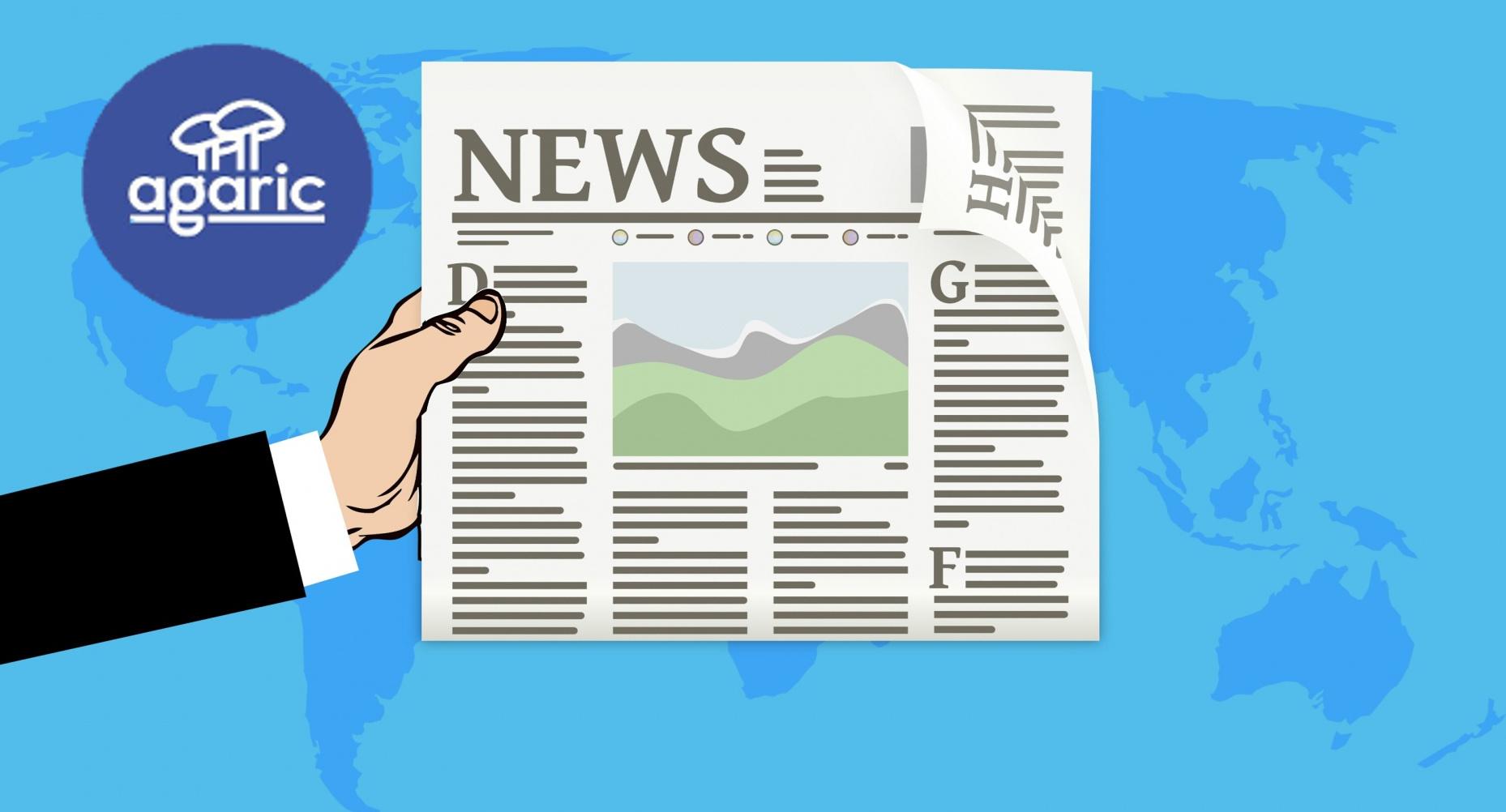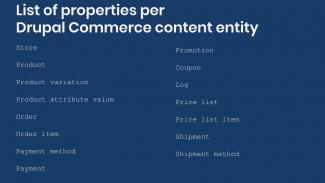
Drupal migrations reference: List of properties per Commerce content entity
In today’s article, we are presenting a reference of properties available in content entities provided by Drupal Commerce and some related contributed modules.

Going online together to save our lives
We, as a society, expected going online would lead to mass democratization and access to information that empowers large groups of people. Instead, we got outsourced.

The Find It Platform - An Open-Source Program Locator for Communities
We partnered with the City of Cambridge to redesign Find It Cambridge, an online opportunity locator serving city residents, in a unique way— designing and developing out in the open, and releasing the software under an open-source license so that other cities can spin up their own Find It platforms.
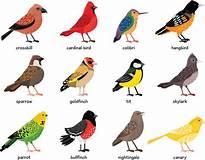
Drupal migrations reference: List of subfields per field type
A reference of subfields provided by core and contributed modules to make writing Drupal migrations easier.

Understanding the syntax of Drupal migrations
We explained different aspects of the syntax used by the Migrate API previously. In today’s article, we are going to dive deeper to understand how the API interprets our migration definition files.

Election-first organizing is failing us
Election-first organizing is failing us. We need to move to movement-first organizing.
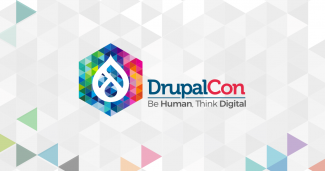
Agaric is Going to DrupalCon - Let's Meet Up to Make Drupal Relevant to the Grassroots
The entire Agaric team is attending DrupalCon to teach, learn, and network with others making Drupal work for the grassroots.
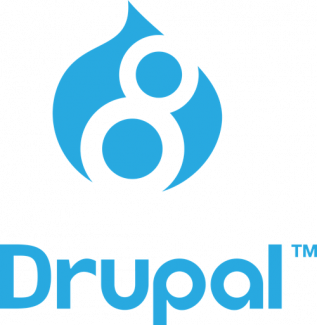
Make 2020 the Year You Begin the Upgrade to Drupal 8: Upcoming Trainings and Resources
Drupal 7 End of Life is November 2021, which means this is the year many should start upgrading to Drupal 8. We have five upcoming trainings and several free resources to help people upgrade.

Support Independent Labor Journalism and Free Software Tools
Support Portside's end of year fundraiser to deepen their coverage of labor and social justice movements and build free software tools for media makers in 2020.
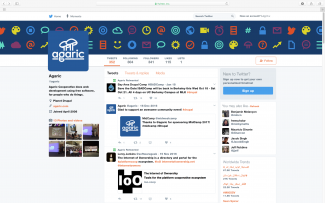
Introduction to Drupal 8 upgrades
Although we covered a lot of ground, we only scratched the surface. To wrap up the series, we present an introduction to a very popular topic: Drupal upgrades. Note: In this article, when we talk about Drupal 7, the same applies for Drupal 6.
Pagination
- Previous page
- Page 3
- Next page

